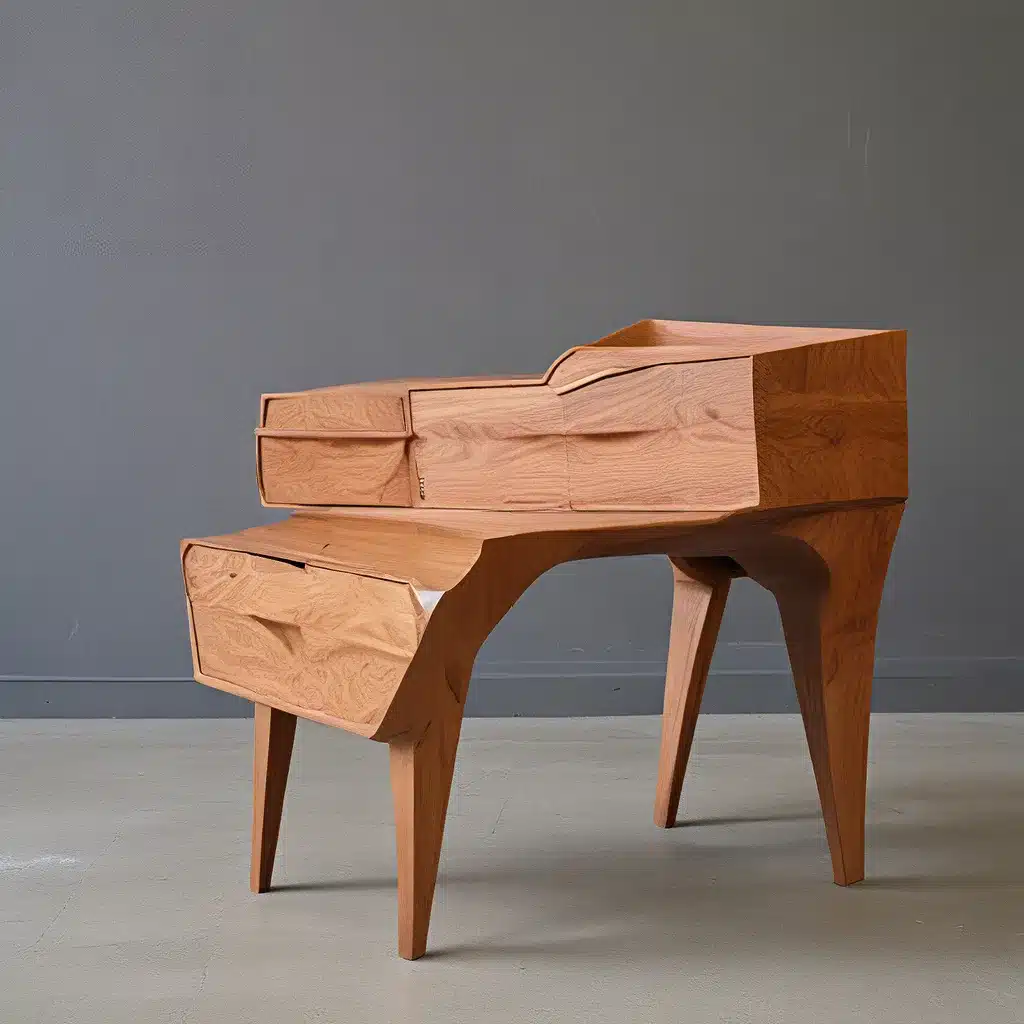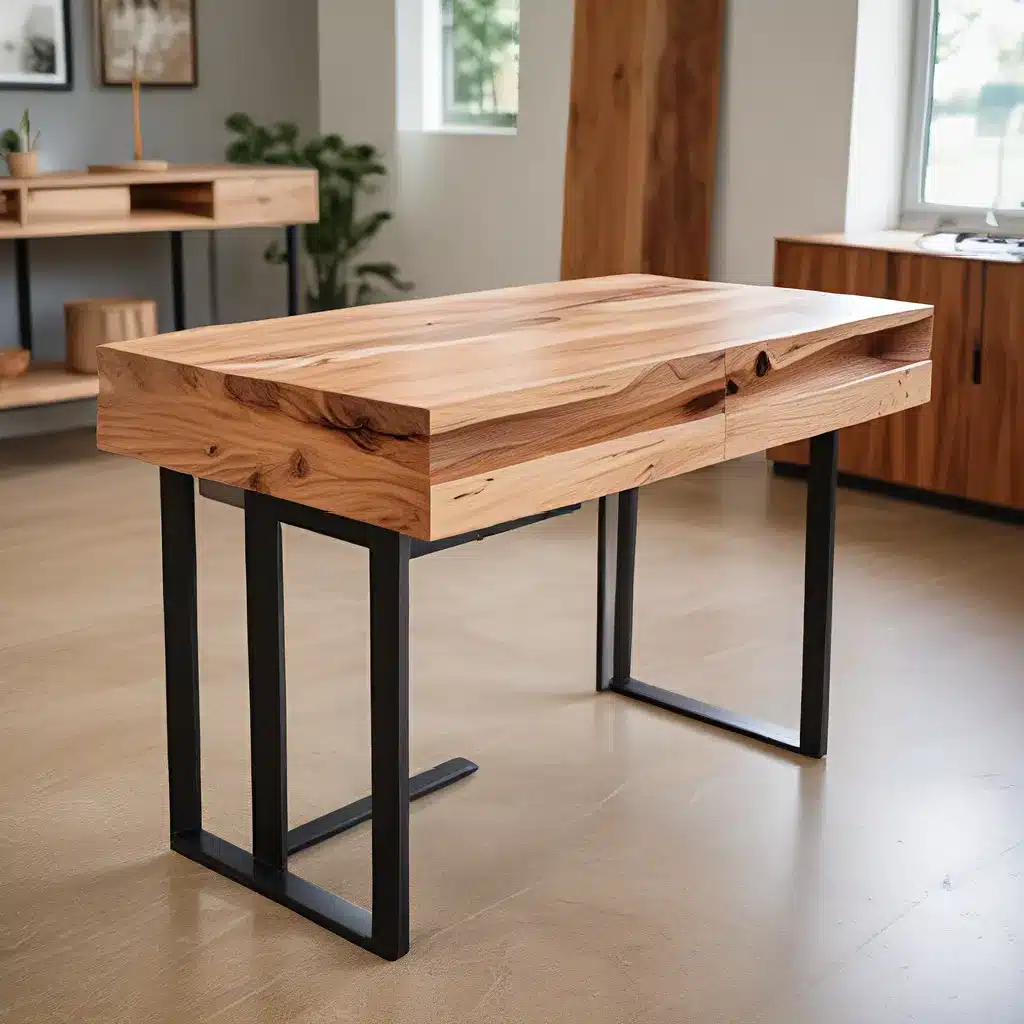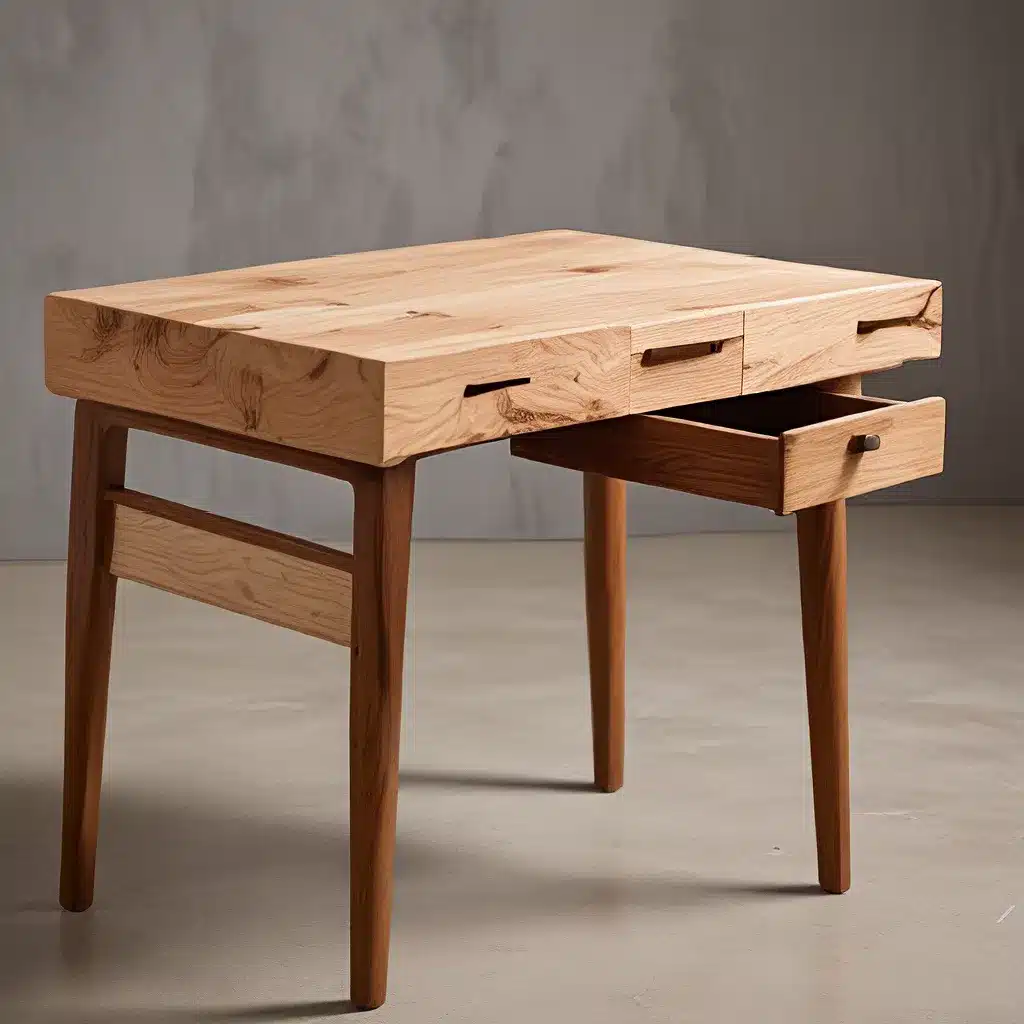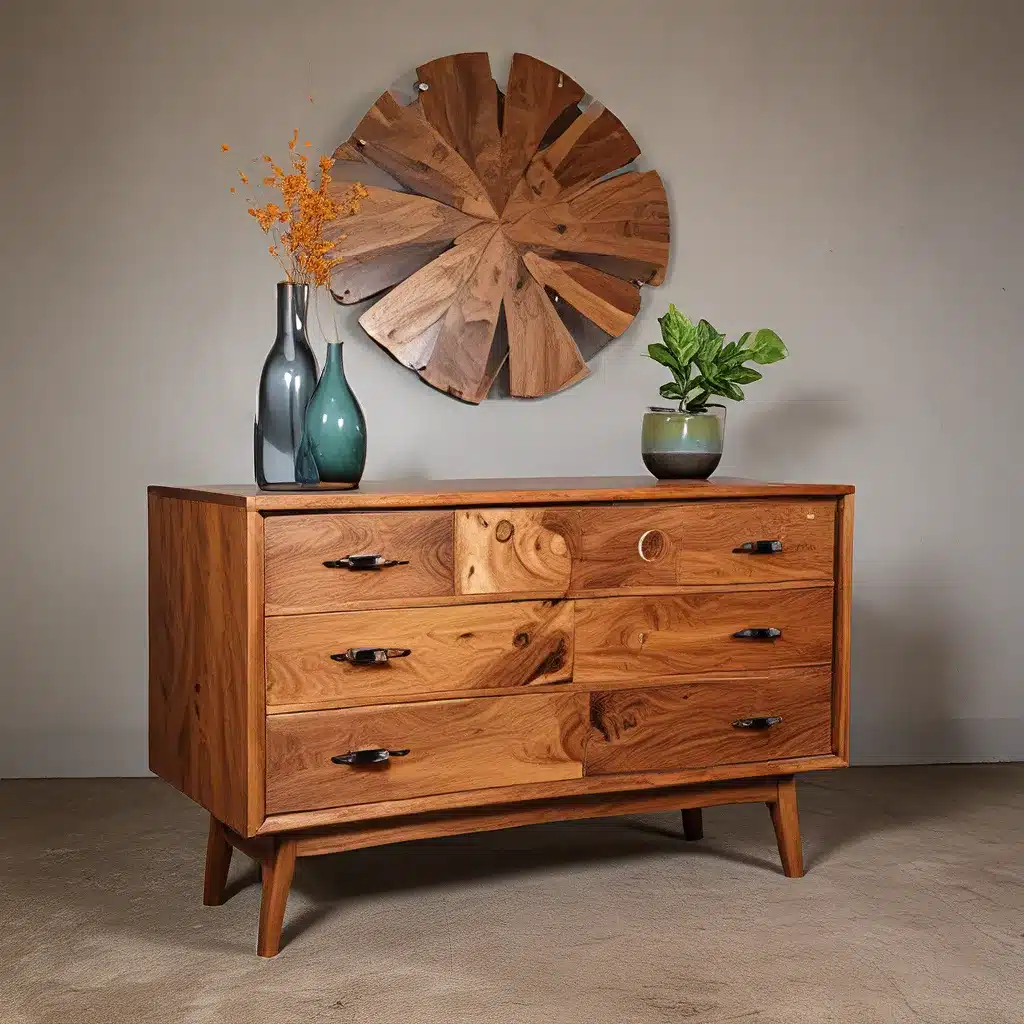In the world of furniture design, wood has long been the go-to material. Its natural beauty, durability, and versatility have made it a favorite among designers and consumers alike. However, as sustainability and innovation become increasingly important in our society, the search for alternative materials has gained momentum. In this article, we will delve into the realm of modern furniture design and explore the exciting possibilities offered by alternative materials. From recycled plastics to bamboo, we will showcase the wide range of options available, highlighting their unique characteristics and benefits.
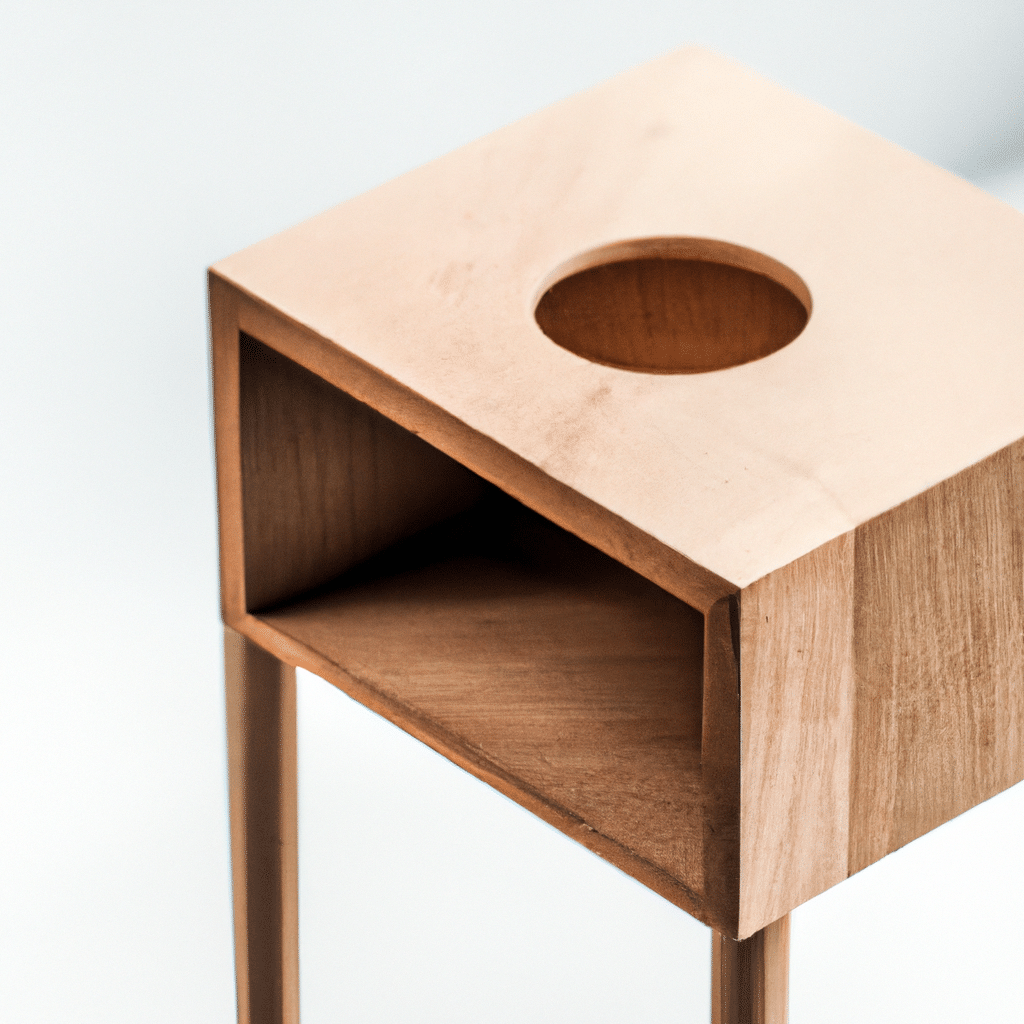
The Rise of Sustainable Design
Embracing Eco-Friendly Materials
Sustainability has become a key consideration for designers in recent years. As awareness of environmental issues continues to grow, consumers are increasingly seeking out products that are both aesthetically pleasing and environmentally responsible. This shift in consumer demand has led designers to explore alternative materials that have a lower impact on the planet.
Recycled Plastics: A Second Life for Waste
One of the most intriguing alternatives to wood in modern furniture design is recycled plastics. By repurposing materials that would otherwise end up in landfills, designers can create stunning and durable pieces. Recycled plastics offer a wide range of colors, shapes, and textures, allowing for endless design possibilities. Additionally, they are resistant to moisture, making them ideal for outdoor furniture.
Bamboo: Nature’s Gift
Bamboo, often referred to as “nature’s steel,” is another remarkable alternative to wood. This fast-growing grass has gained popularity due to its sustainability and strength. It is not only abundant but also regenerates quickly, making it an excellent choice for eco-conscious designers. Despite its lightweight nature, bamboo is incredibly strong, making it suitable for various furniture applications. Its natural grain and warm tones add a touch of elegance to any space.
The Benefits of Alternative Materials
Durability and Longevity
While wood is known for its durability, alternative materials can offer comparable or even superior performance. Recycled plastics, for example, are highly resistant to weathering, fading, and cracking, ensuring that furniture made from these materials will stand the test of time. Bamboo, on the other hand, boasts impressive strength and resilience, making it a reliable choice for furniture that will be used daily.
Versatility and Adaptability
One of the major advantages of alternative materials is their versatility. They can be molded, shaped, and combined with other materials to create unique designs that are not easily achievable with wood. Whether it’s the sleek curves of a recycled plastic chair or the intricate weaving of a bamboo table, these materials offer endless possibilities for creative expression. Additionally, alternative materials can be engineered to have specific properties, such as enhanced flexibility or fire resistance, further expanding their potential applications.
Sustainability and Environmental Impact
In an era where sustainability is paramount, alternative materials shine. By reducing reliance on wood, designers can help preserve forests and protect biodiversity. Recycled plastics, in particular, contribute to a circular economy by diverting waste from landfills and reducing the need for virgin plastics. Bamboo, with its rapid growth rate and minimal need for water and pesticides, is a highly sustainable choice. Choosing furniture made from alternative materials is not only a responsible choice but also a way to support the shift towards a greener future.
Challenges and Considerations
Quality and Perception
One of the challenges faced by designers working with alternative materials is the perception of quality. While wood has a long-established reputation for elegance and sophistication, alternative materials are often associated with cheap or inferior products. Overcoming this bias requires careful craftsmanship and innovative design approaches that showcase the unique qualities of these materials. By highlighting the durability, versatility, and sustainability of alternative materials, designers can change perceptions and create a demand for their creations.
Cost and Availability
Another consideration when exploring alternative materials is their cost and availability. Wood, being a traditional and widely available resource, often comes at a lower price point. However, as the demand for alternative materials increases, economies of scale and advancements in manufacturing processes are driving down costs. Additionally, as more designers embrace these materials, their availability is expanding, making them more accessible to consumers.
Conclusion
In conclusion, the world of modern furniture design is evolving, with alternative materials taking center stage. From recycled plastics to bamboo, these materials offer unique characteristics and benefits that go beyond what wood can provide. With their durability, versatility, and sustainability, alternative materials are reshaping the industry and providing exciting opportunities for designers and consumers alike. By embracing these materials, we can create furniture that not only meets our aesthetic desires but also aligns with our values of sustainability and innovation. So, let us venture beyond wood and explore the boundless possibilities offered by alternative materials in modern furniture design.




